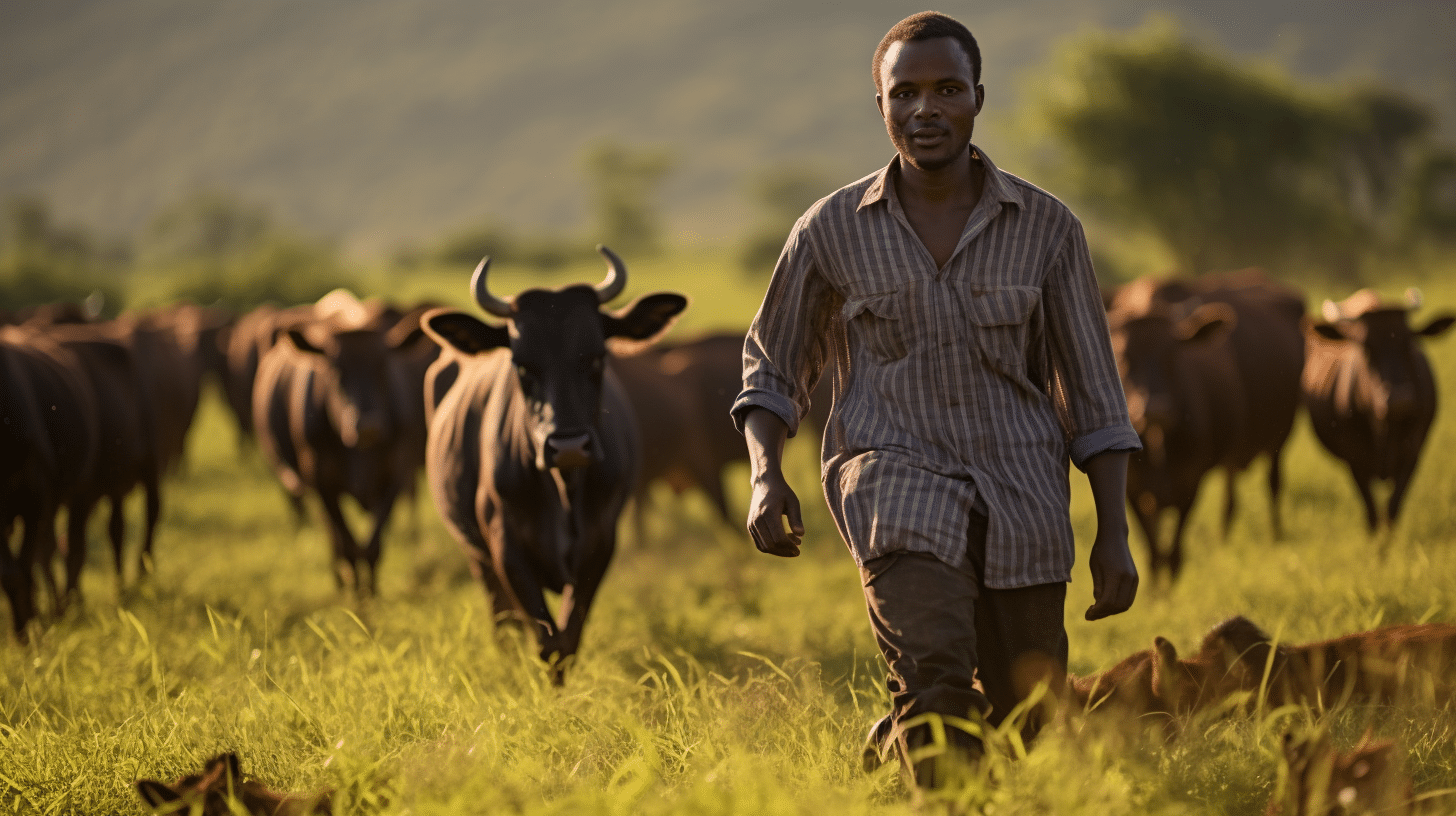Categories of tick control are in three main groups all of which have been proven to be effective by the specified experts. Ticks reduce the production levels of livestock hence a farmer should always be on the watch out to control the pests. The following category gives a summary of the main methods used in the control of ticks.
Biological method
This method utilizes the tick’s natural enemies that predate on the ticks. The nymphs are usually destroyed by certain like ants and birds. A small number of ticks will be controlled using this major way. Self licking by the animal may also be effective n controlling the ticks.
Mechanical methods
They comprise a set of activities that include the following
-
Burning infested pastures
-
Interfering or altering the tick’s natural environment.
-
Fencing off the pasture land and firm.
-
Starving the respective ticks to death.
-
Handpicking the ticks from the animals and physically killing them on the spot.
Chemical method of control
It is proven by experts as the most effective method. Ticks are destroyed by spraying the chemical to the host animal that kills them. The following are the major ways used to apply the chemicals
-
Spraying the animals regularly.
-
Dipping animals completely in the solution.
-
Hand dressing the animals against ticks using pyegrease.



0 comments